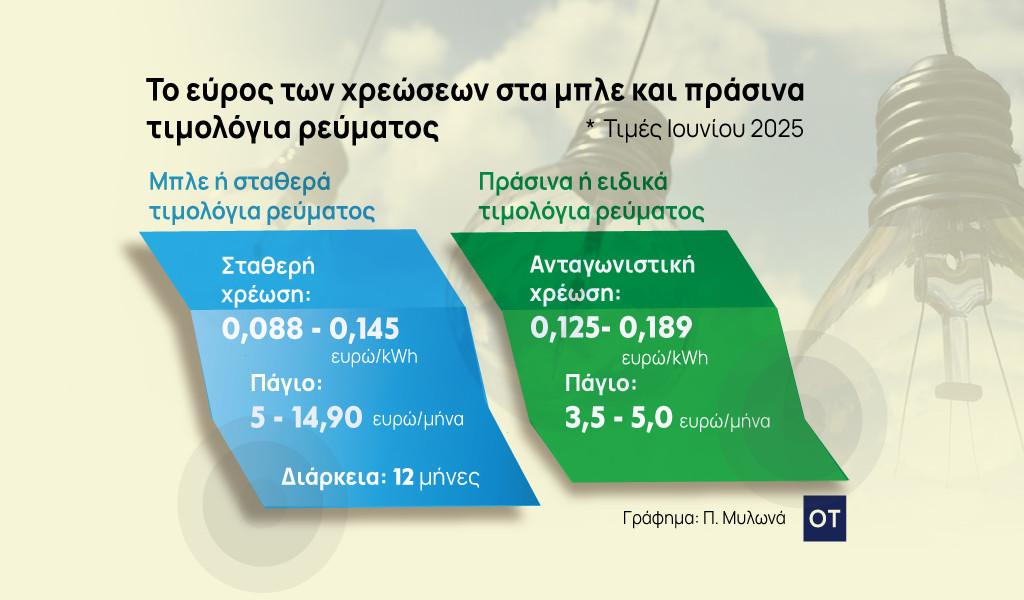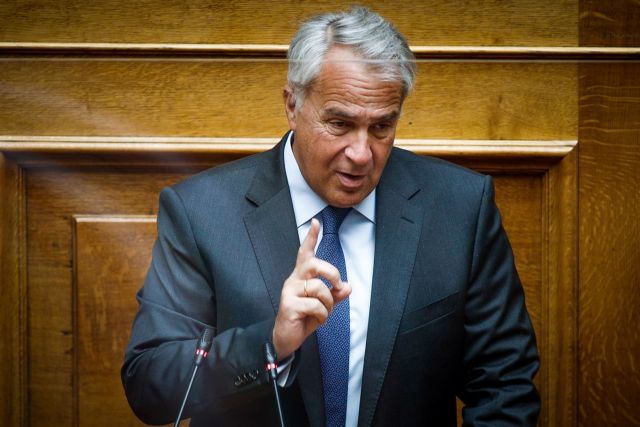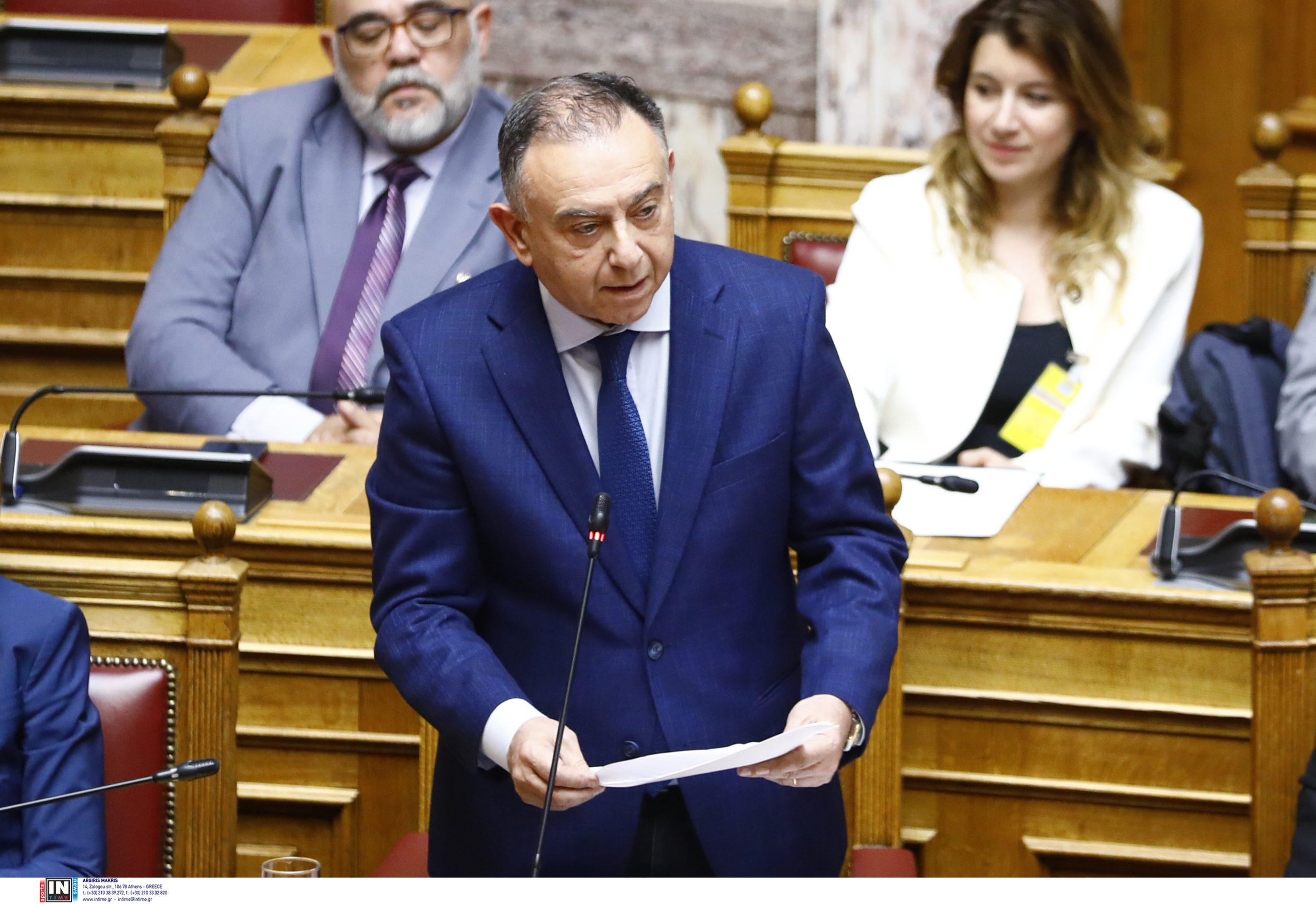We have to admit that we expected the good news from the ECB and it came. In the past we had spent two years, 2010-2012, when while logic showed that there should be liquidity in the markets, the policy in the eurozone led in the opposite direction. Until the summer of 2012, Mario Draghi ended this period and saved the European economy. So now there is the same fear that the priests could prevail and lead the European economy into recession.
However, this time the mistake was not repeated, although the British central bank raised interest rates and the Fed (quite rightly here) began to reduce monetary policy, since inflation there is quite persistent.
The ECB kept the interest rate unchanged at -0.5% and the key refinancing rate at 0%. The APP (the normal bond and other asset purchase program before the pandemic) begins to replace PEPP (the ECB bond purchase program that helped channel liquidity into the European economy in response to the COVID crisis) as PEPP completes its March, while the repurchases of bonds from this program will be seen to extend until 2024. APP will reduce its activity towards the end of the year.
What do these decisions mean? First, that those in charge fear that the current wave of infections will reduce – but relatively limited – the rate of economic growth in the eurozone. Secondly, that inflation exists but not as a significant problem. Third, we are moving into an area of satisfactory predictability that is very good for economic stability.
In the ECB decision there is a special reference to Greece which assures that the monetary policy “can” (“can” needs clarification) to include in the markets the Greek bonds in addition to the maturing bonds that expire, in order to avoid the turmoil in the implementation of monetary policy in the Greek economy while it is recovering. This decision comes to face the weakness of the Greek economy, which does not yet have an investment grade (but we hope to reach this by the end of 2022 and 2023), without of course relieving it of the obligation of a prudent fiscal policy.
In conclusion, these decisions lead to the conclusion that macroeconomic stability is ensured so that politics addresses the major issues facing Europe: pandemics, external threats and energy turmoil.
* Panagiotis Petrakis is a professor at National and Capodistrian University of Athens





































